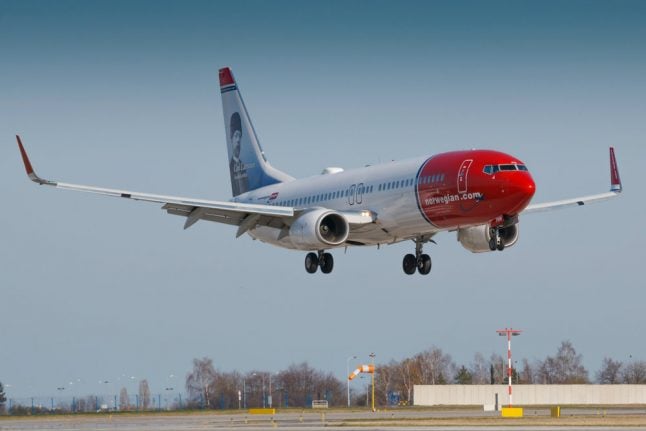The figures come from a survey conducted by Opinion and published by the University of Bergen (UiB) and have been described as “fantastic” by an environmental organization, NRK reports.
Of 1,021 people who took part in the survey, 65 percent said they had sorted their rubbish more in the last year compared to previously, as a result of climate concerns.
61 percent said they were, to a high degree or quite high degree, willing to change their living habits to make them more climate-friendly.
32 percent were willing to change their habits to a lesser degree.
“(Sorting of rubbish) is a measure that has a very clear environmental benefit. But when it comes to greenhouse gas emissions, sorting rubbish is not the measure which will have the largest impact,” UiB associate professor and climate researcher Endre Tvinnereim told NRK.
Meanwhile, 23 percent said in the survey that they have intentionally avoided travelling by air for climate reasons.
Tvinnereim said that was a praiseworthy figure despite being far lower than the percentage who sort rubbish.
“That is a lot of people in Norway who don’t fly,” he told NRK.
The researcher said that structural interventions were required to make a serious change to how everyday living habits impact the environment.
“Generally, this study shows good intentions amongst the population to support climate initiatives. But you can’t expect people to be able to fix this on their own. Coordinated action is needed, with the support of the authorities and big businesses,” he said.
Anja Bakken Riise, head of environmental NGO Future In Our Hands, called the results of the study “fantastic” in comments given to NRK.
“I think the fact that six out of ten people are willing to their habits is fantastic, and shows clearly that people are willing and want to support the climate agenda,” Riise said.
The survey also found that 64 percent have reduced their food waste and 62 percent have sought to use less energy with climate change in mind, while 34 percent have cut down on red meat consumption.
READ ALSO: Danish minister slams Norway's 'expensive' electric car subsidy



 Please whitelist us to continue reading.
Please whitelist us to continue reading.